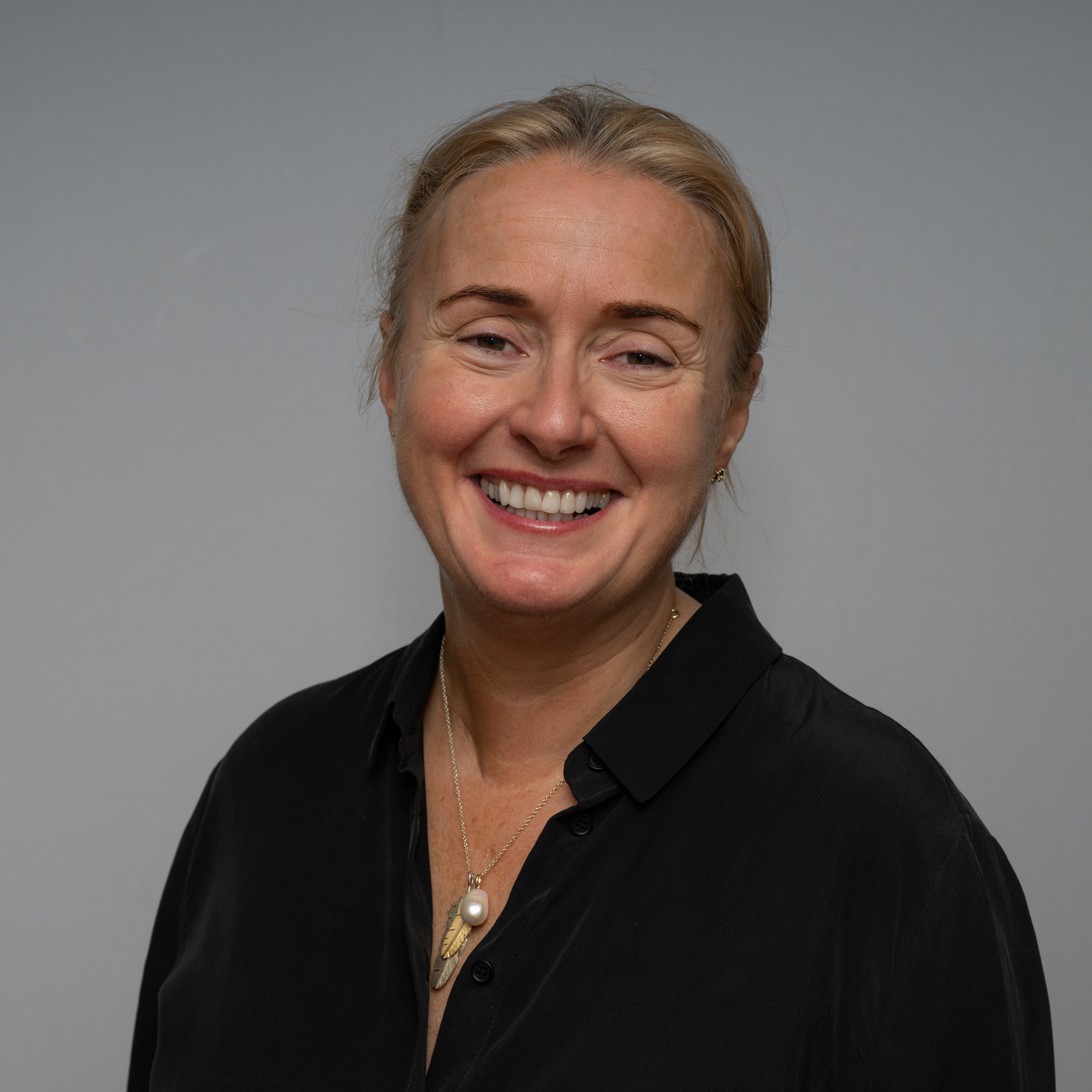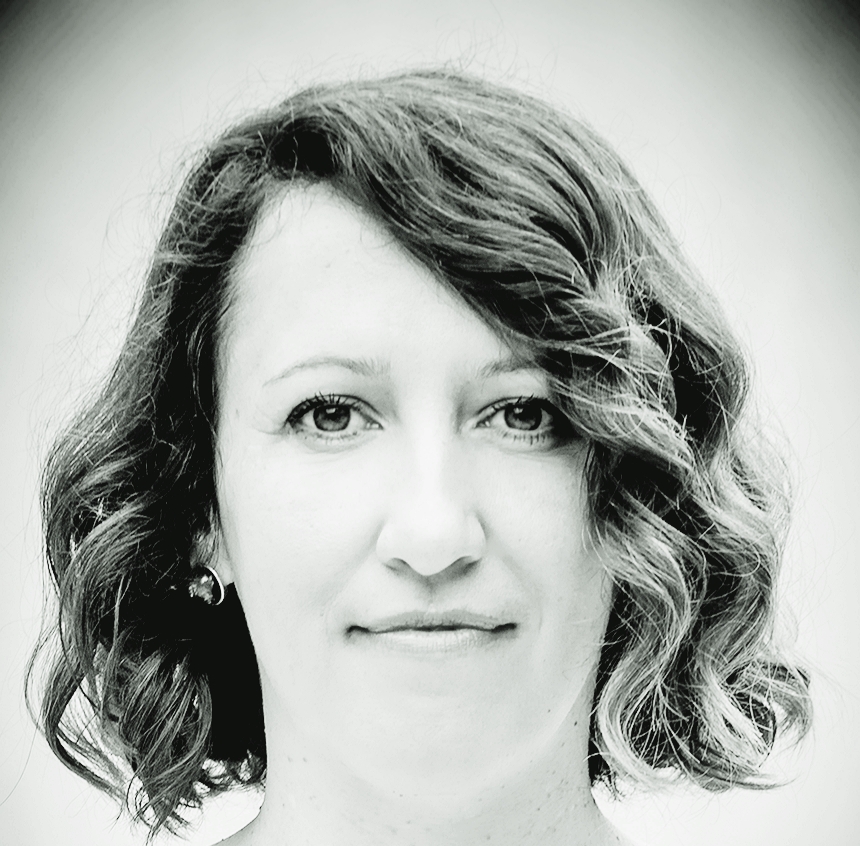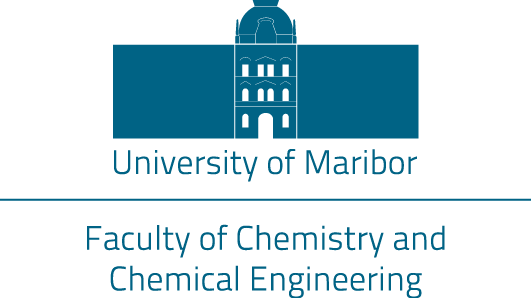Plenarno predavanje
Prof. Aoife Foley

Professor Effa (Aoife) Foley is Chair in Net Zero Infrastructure at The University of Manchester and leads the AVANTERN Group. A globally recognised expert in sustainable energy systems and infrastructure planning, she brings nearly 30 years of experience across industry and academia. Ranked among the top 2% of scientists globally (h-index 55, 14,000+ citations), she has secured over £25 million in research funding. From 2014 to 2023, she managed Renewable and Sustainable Energy Reviews, serving as Editor-in-Chief for the final five years and guiding its impact factor from 5.9 to 16.3. She publishes in leading journals, including Nature, Nature Energy, and npj Urban Sustainability, and frequently features in media outlets such as the BBC, RTÉ, Le Figaro, TV5, and The Times. She holds a BEng in Civil Engineering, an MSc in Transport and Environmental Engineering, and a PhD in Energy Engineering. A former adjunct at MIT, she advises governments and industry on energy transitions, climate resilience, and policy. She has chaired or evaluated proposals for the EU, A*STAR, UKRI, US NSF, Swiss National Science Foundation, Academy of Finland, and others. Professor Foley received the Institution of Civil Engineers (ICE) Bill Curtin Medal for outstanding work in civil engineering, particularly for innovation and real-world impact, and the Jose Maria Sarriegi Major Catastrophe Research Award from the Queen of Spain in 2019. More recently, in 2024, she was awarded the Chinese Academy of Sciences President’s International Fellowship Initiative (PIFI) award. She is widely recognised as a leading authority on sustainability and climate-aligned technologies in energy systems, with research spanning hydrogen, energy storage, digital twins, energy justice, and equitable net-zero transitions.
The Role of Lifecycle Engineering in Decarbonising Our Built Environment
Decarbonising the built environment is essential for achieving global net-zero targets, as the construction, operation, and end-of-life phases of buildings account for over 35% of global energy use and approximately 40% of carbon emissions. This keynote explores the pivotal role of lifecycle engineering (LCE) in tackling these challenges by integrating environmental, economic, and social dimensions across the full lifecycle of built assets. Drawing on research across hard-to-abate sectors—including cement, steel, glass, ceramics, and food and beverage manufacturing—this presentation highlights how data-driven LCE can support low-carbon material choices, optimise industrial processes, and unlock circular economy solutions such as recycling, remanufacturing, and innovative business models.
Key enabling technologies, such as phase change materials, hydrogen integration, and advanced energy storage systems, are examined for their role in enhancing resource efficiency and reducing emissions across design, construction, use, and disposal. The presentation also emphasises the role of digital tools and Industry 4.0/5.0 approaches in delivering robust lifecycle sustainability assessments (LCSA). Crucially, it underscores the need to align policy, regulation, and market incentives to scale sustainable practices. Through case studies from foundation industries and transport, the talk advocates for whole-system thinking to address the interconnected water-energy-materials nexus and progress toward meaningful sustainability in the built environment.
Uvodna predavanja
Dr. Marina Tišma

Marina Tišma is a Professor of Biotechnology at the University of Osijek, Faculty of Food Technology, Croatia. She excels in bridging academia and industry, with ground-breaking research in fungal biotechnology that supports the transition from a petroleum-based to a sustainable and circular bioeconomy. Her research focuses on the utilization of lignocellulosic residual biomass, primarily from the food industry and agriculture, for the production of high-value compounds, protein-enriched feed, biofertilizers, and biofuels. With substantial industrial experience, Marina has led and collaborated on various R&D projects, particularly those funded by European Union Structural Funds. Her current projects include the “Valorisation of residues from the vegetable oil industry based on a biorefinery approach – VALREO,” and Horizon Europe’s “Bioeconomy excellence alliance for stimulating innovative and inclusive green transition – BEAMING.” As an expert for the European Commission, Marina evaluates Horizon Europe proposals, helping shape the future of bioeconomy. She is also an initiator and leader of Postgraduate Specialist Study Programme in Sustainable and Circular Bioeconomy at the University of Osijek. Additionally, she is Vice President of the Croatian Society of Biotechnology and was honoured with the 2024 President’s International Fellowship Initiative (PIFI) by the Chinese Academy of Sciences.
Fungal-Driven Lignocellulosic Biorefineries: Bridging Bioeconomy, Sustainability, and Climate Resilience
Lignocellulosic biorefineries are innovative systems designed to convert lignocellulosic residual biomass into a variety of bio-based products, including high-value chemicals, food supplements, animal feed, materials, and fuels, through sustainable and integrated processes. Fungi play an important role in these bioconversion pathways due to their exceptional enzymatic capabilities and metabolic versatility.
By integrating biotechnology, systems thinking, and principles of the circular bioeconomy, this lecture will explore how fungal-based bioprocesses can significantly reduce carbon footprints, valorize waste streams, and drive innovation across multiple sectors of the bioeconomy.
The presentation will also address current challenges and future directions for scaling up these technologies, as well as their policy and socio-economic implications within the broader bioeconomy framework. Special emphasis will be placed on interdisciplinary approaches and the importance of collaborative innovation in the transition toward more resilient and climate-smart industrial systems.
